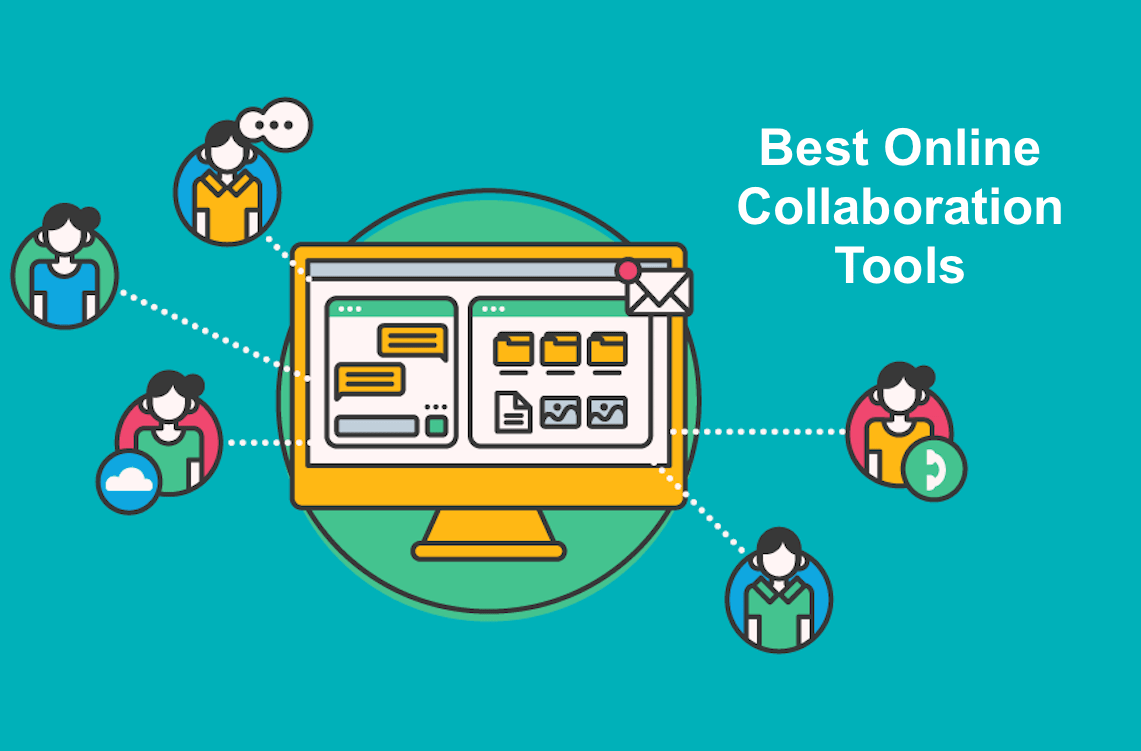Aytyapi Insights
Exploring the latest trends and updates in technology and lifestyle.
Collaboration Chaos: Taming the Software Beast
Discover strategies to conquer collaboration chaos and streamline software projects for success! Unleash the power of teamwork today!
Navigating Collaboration Chaos: Strategies for Effective Software Development
In the fast-paced world of software development, collaboration chaos can often arise, leading to miscommunication and project delays. To effectively navigate this chaos, teams must prioritize clear communication channels. Utilizing tools such as Slack, Trello, or JIRA can streamline discussions and keep everyone on the same page. Regular stand-up meetings are also essential, fostering an environment where team members can share updates, address challenges, and align on project goals.
Another important strategy for managing collaboration chaos is establishing defined roles and responsibilities. When team members understand their specific contributions, it reduces overlap and confusion. Consider implementing a project management framework, like Agile or Scrum, which promotes accountability through defined sprints and user stories. In addition, encourage a culture of feedback, where developers feel comfortable sharing their perspectives and suggesting improvements, ultimately enhancing team synergy and productivity.

Top 5 Tools to Streamline Collaboration in Software Projects
Effective collaboration is crucial in software projects, especially when multiple team members are involved. Here are the Top 5 Tools that can significantly streamline collaboration:
- Slack - A messaging platform designed for teams, Slack allows for real-time communication, file sharing, and integration with other software, making it a go-to for developers and project managers alike.
- Jira - This project management tool is tailored for agile software development. It helps teams plan, track, and manage software development projects efficiently.
- GitHub - Ideal for version control, GitHub enables teams to collaborate on code and manage projects simultaneously. Its pull request feature allows for easy code review and discussions.
- Trello - A versatile tool, Trello uses boards and cards to organize tasks visually. This simplicity helps teams stay focused on their goals and progress.
- Confluence - As a collaborative workspace, Confluence is perfect for documentation and knowledge sharing, ensuring that everyone on the team is on the same page.
By leveraging these Top 5 Tools, software development teams can enhance their collaboration, improve productivity, and ultimately deliver higher-quality projects.
How to Overcome Common Collaboration Pitfalls in Software Teams
Collaboration in software teams is essential for achieving project goals, but it often comes with its own set of challenges. To overcome common collaboration pitfalls, it is crucial to establish clear communication channels. Regular meetings, whether weekly or bi-weekly, should be scheduled to ensure that everyone is on the same page. Utilizing collaboration tools like project management software can help streamline discussions and provide a central location for task assignments and feedback. Additionally, setting expectations and responsibilities early on can prevent misunderstandings and foster accountability among team members.
Another key aspect of effective collaboration is embracing diversity and leveraging the strengths of each team member. Software teams often include individuals with varying skill sets and backgrounds, which can be a significant advantage if managed properly. Encourage open dialogue and create an environment where everyone feels comfortable sharing their ideas and feedback. Implementing practices such as regular retrospective meetings can help teams reflect on their collaboration process, identify pain points, and collaboratively find solutions. By proactively addressing these issues, your software team can overcome common collaboration pitfalls and enhance overall productivity.